Home testing for coronavirus to track levels of infection in the community
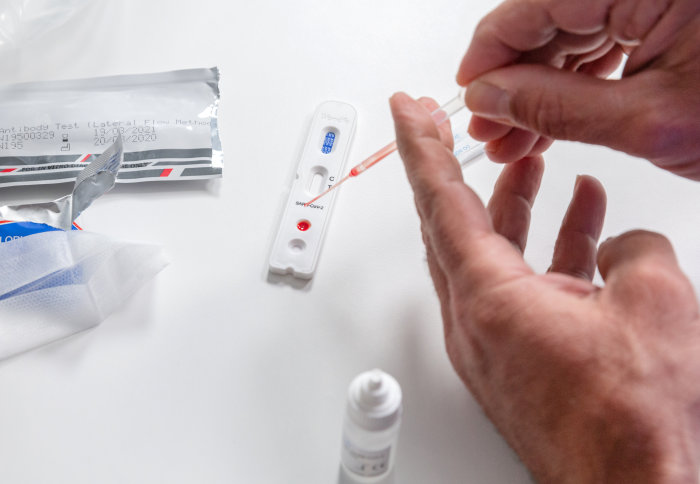
Imperial College London is to lead a major programme of home testing for COVID-19 to track the progress of the infection across England.
The programme, led by a world-class team of Imperial scientists, clinicians and researchers, alongside colleagues at Imperial College Healthcare NHS Trust, will help to improve understanding of how many people are currently infected with the virus. It could also indicate how many have been infected and recovered since the COVID-19 outbreak began by looking for markers – virus antibodies – of previous infection.
Announced today by the Government, the work is being commissioned by the Department of Health and Social Care and carried out in partnership with IpsosMORI.
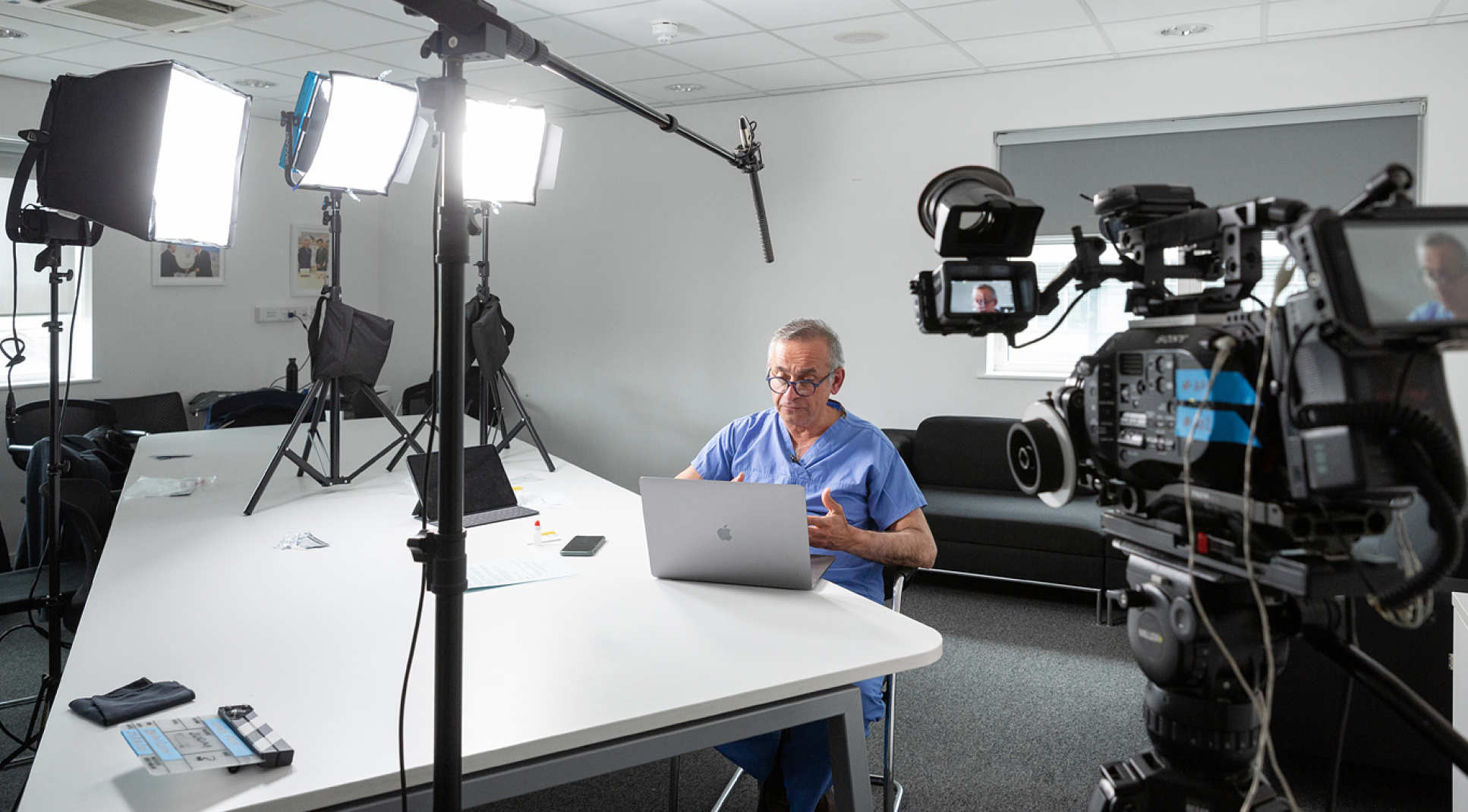
Accurate testing for coronavirus on a wide scale will be vital to guide public health strategies and decision-making by providing authorities with a clearer picture of the current burden of the disease and of the number of people who have previously caught it.

Home testing kits are widely used in health care, for example in the management of diabetes and the diagnosis of HIV. But the accuracy of COVID-19 antibody tests has been questioned and their usability by members of the public has not been investigated.
"Short of a vaccine, testing is the only way out of lockdown." Prof Ara Darzi programme sponsor, IGHI co-director
Professor Ara Darzi, sponsor of the programme at Imperial and Co-Director of the College’s Institute of Global Health Innovation, said: “Short of a vaccine, testing is the only way out of lockdown. But the testing landscape is like the Wild West with no rules, no standards and widely varying reliability. Even the most accurate test is useless unless it is usable. With this ambitious programme, the biggest in England, we aim to establish a viable testing programme on which the Government can rely.”
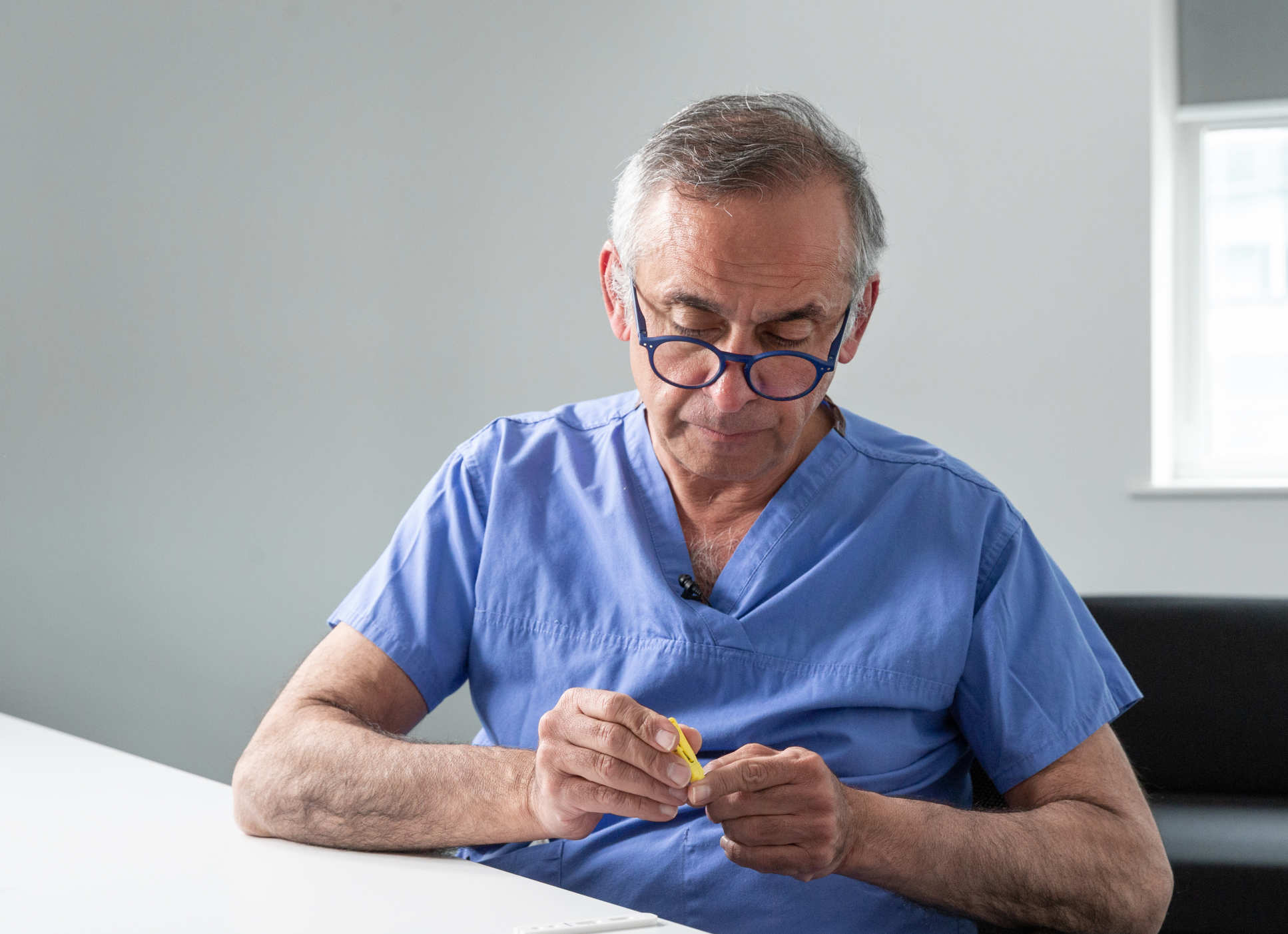
Detecting infections past and present
In the first part of the REal-time Assessment of Community Transmission (REACT-1) programme, 100,000 randomly selected people from 315 local authorities across England will be invited to provide samples by swabbing their throat and nose. The samples will be collected by courier and tested in the laboratory using the gold standard PCR (polymerase chain reaction) test, which detects the presence of genetic material from the virus. This kind of test looks for evidence that someone is currently infected with the coronavirus.
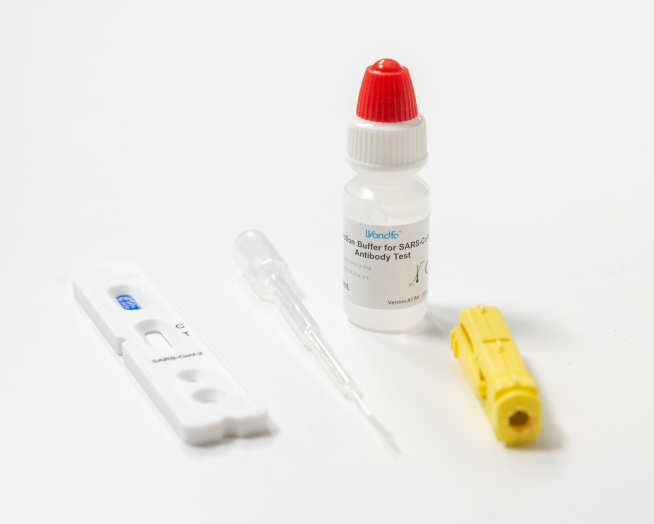
In the second part of the programme (REACT-2), a number of different antibody tests will be assessed for their accuracy and how easily people can use them at home without assistance from a healthcare professional. Antibody testing is used to assess how far the infection has spread and what proportion of the population has been infected. These tests could identify individuals who may have some immunity to the virus and help plan services for those who do not.
The antibody tests will first be carried out on volunteers from Imperial Healthcare NHS Trust who are known to have had the virus to establish their accuracy.
A group of 300 members of the public will also be given a sample test to self-administer, which requires them to place a finger prick of blood onto a testing kit and read off the result. Researchers will then assess its acceptability and whether people understand the guidance on how to use it.
Professor Paul Elliott, director of the programme at Imperial, said:
“Community testing is a vital next step in ongoing efforts to mitigate the pandemic, but to be successful this must be based on robust scientific evidence. Through this important programme we will gather the critical knowledge base necessary to underpin community testing programmes and facilitate a greater understanding of the prevalence of COVID-19 in the UK.”

Public and patient participation
If successful, the test will then be distributed to a larger group of up to 10,000 people to ensure it is usable by a wide range of the public. The aim of this is solely to understand whether people can perform the test themselves, rather than assess the accuracy of the test.
A further stage will involve 5,000 key workers, who will both self-test and have the test administered by a health professional. The results will be compared with gold-standard laboratory testing on participants’ blood samples to assess the accuracy of the tests.
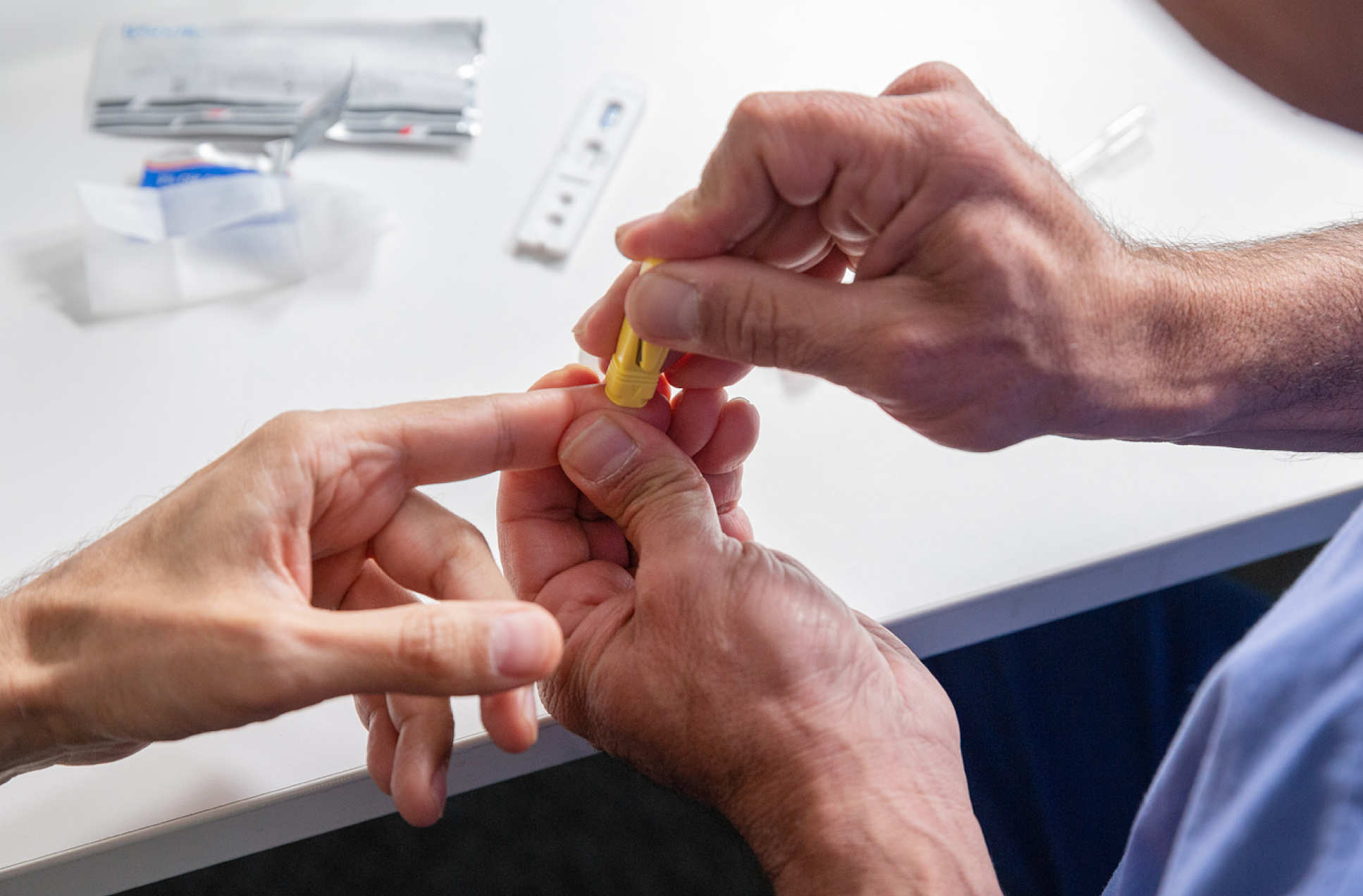
If antibody self-testing is found to be accurate and usable by the public, it will be rolled out in the final stage to 100,000 people later this year to provide an indication of the prevalence of COVID-19 in England.
Professor Helen Ward, Professor of Public Health at Imperial College London, said: “As part of this project we will work with public volunteers and patient advisors to see how easy it is for people to do these tests at home, and co-design the information and packaging that will go out with the tests. We have already had an excellent response from members of the public who are keen to support our research.”
Health Minister Lord Bethell added: “Understanding more about the current spread of coronavirus and the prevalence of antibodies is a vital part of our ongoing response to this pandemic.
“This ambitious new testing programme will help us track the rate of the infection now. And, crucially, it will help identify an antibody test that is accurate and easy to use, and which can give us an indication of how many people have already had the infection. This information will inform the future action we take to manage the spread of the virus, including the development of new tests and treatments.”
For more information about the programme, please visit our REACT FAQs here.
Photography: Thomas Angus / Imperial College London
Article text (excluding photos or graphics) © Imperial College London.
Photos and graphics subject to third party copyright used with permission or © Imperial College London.
Reporter
Jeremy Laurance
Department of Surgery & Cancer
Justine Alford
Institute of Global Health Innovation